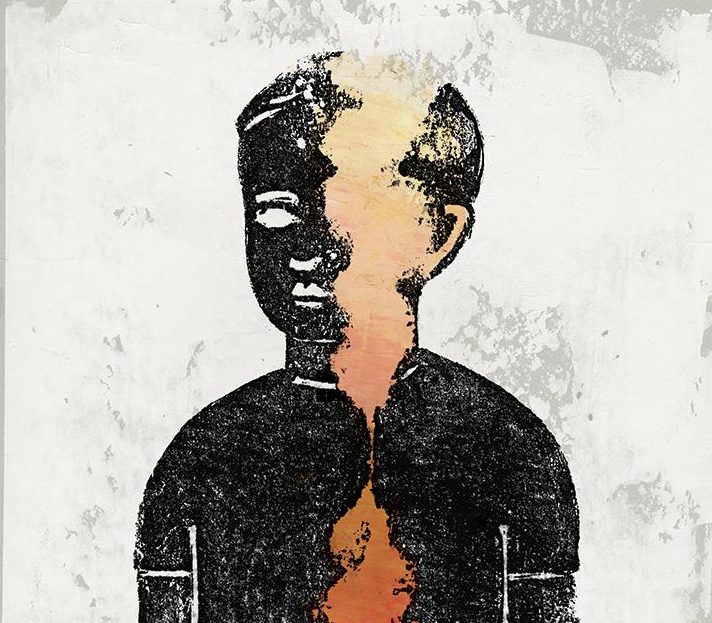I recently had the opportunity to be part of a reading group that read a cross-disciplinary work. This work intended to integrate psychology, philosophy, and theology under theological anthropology. I noticed that this work like many other works of this kind not only misrepresented dualism but confused ontology with function.
In the area of philosophy of mind, the dualist emphasizes the radical difference between mind and matter. Dualists commonly argue for the distinction of mind and matter by employing Leibniz’s Law of Identity, according to which two things are identical only if they simultaneously share exactly the same qualities. The dualist then attempts to identify attributes of mind that are lacked by matter (such as privacy or intentionality) or vice versa (such as having a certain temperature or electrical charge).
Some would often assume that substance dualism is the same thing as Cartesian dualism. They often ignore other forms of substance dualism such as Thomism. Aquinas held that all material substances are composites of prime matter and substantial form. He understood prime matter to be the subject of form—that which has the potential to be formed, and substantial form to be the source of essential properties or a body’s organizational principle—that which forms. In the case of the human being, the prime matter is the body and the substantial form is the soul. Imagine a statue, the chunk of clay is the prime mater but what makes the chunk of clay into a statue is the design or form. If we want to preserve the statue can we separate the form from the chunk of clay? Unlike Cartesian dualism, Thomism sees the soul and body as interwoven.
The soul for Aquinas is indivisible, meaning that it is a whole, with no parts. However, he wanted to distinguish certain aspects of the soul without falling into the property trap, thus he came up with “faculties.” Faculties are not “part of the soul” since parts of a whole can be separated, but are distinct from each other. Aquinas identified five faculties of the soul: the mind, the will, the emotions, the spirit, and life. If you are having problems imagining faculties, think about it this way, imagine you are on a diet, and all the sudden you are offered your favorite cake. At that moment you might feel conflicted, you might even deliberate about the calories in the cake. You might want to say no. Your feelings, reason, and will always come into play, yet they are distinct.
Perhaps the biggest criticism to substance dualism and in particular Cartesian dualism is the unity of an immaterial mind. The solution? “The consciousness account.”
The consciousness account is the view that consciousness is the immaterial substance. This substance has nature over and above the kinds of states that we would consider as mental. The obvious objection to this argument is that it does not allow for the subject to exist without consciousness. Descartes response to this is that we are conscious even when we appear not to be.
The consciousness account rubs people the wrong way, especially when talking about disability, and life. If consciousness is linked with exitance and thus somehow part of the person’s ontology, then people with intellectual disabilities or who are unconscious are less-persons. Thus, I can see why there is a strong theological push against this kind of substance dualism.
It seems to me that Thomistic view doesn’t run into the unity of immaterial mind problem and provides a helpful framework for anthropology. By placing the mind as a faculty of the soul Aquinas unifies the mind in the soul. Aquinas classified persons as rational souls in so far as the type of soul is that of a rational kind, as opposed to an animal soul. The exercise of reason is another matter, that is—a function of a person is to reason or deliberation. Under this view, it is possible to say that a person with intellectual disabilities or who is unconscious is still a person since they possess a rational soul. Not being able to exercise a function never made anyone a more or less of a person. For example, if I don’t have kids I cannot function as a mother, that does not make me less of a person. So, ontology is not function. The essence of who I am is not defined by my functions.





Leave a Reply
Your email is safe with us.